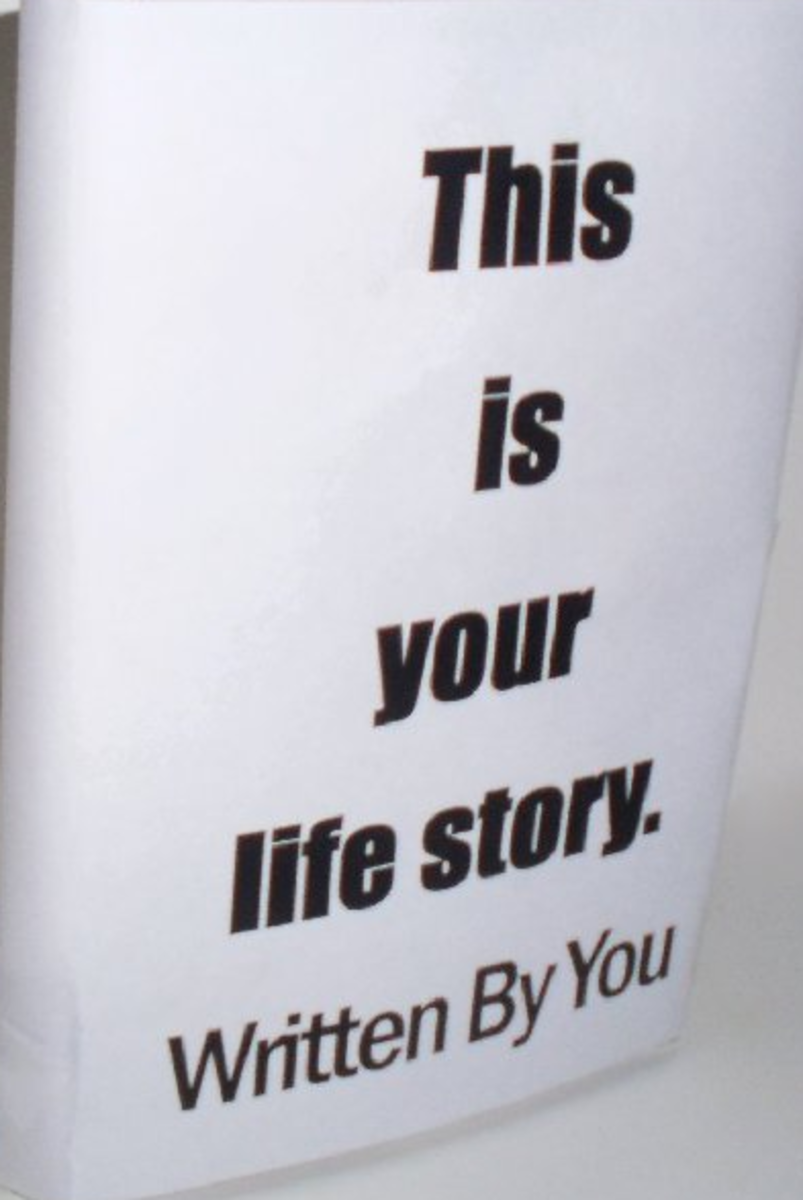The Writer's Mailbag: Installment Thirty
Welcome Back
Another full mailbag awaits you today, and today we have some new questions never asked before. I was excited when I received them, and I’m excited to answer them now.
Keep sending me the questions and I’ll keep this series going. You learn, I learn, and we all come out of it better writers.
That, my friends, is a win-win-win situation.
Let’s get started with a question from Brad, one of the regulars here at the Writer’s Mailbag.

Diagramming Active and Passive
From Brad: “Can you diagram the syntax for those two sentences to see where I lost it.”
This whole discussion began with a lesson on active voice vs passive voice. After the lesson, Brad wrote back with a couple examples of his own, and asked me if he got it right. Here’s what he wrote:
“So, just to see if I correctly understand the examples you gave here on passive, and active voice.
passive
I was walking through the forest, and to my amazement I.....
active
The forest was all around as I walked toward the west.
The active approach seems awkward for me.”
As it turns out, he got it backwards. His first example is active and the second passive. In active voice, the subject comes before the verb and the object comes after the verb. In passive voice, the subject comes after the verb.
In Brad’s first example, “I was walking through the forest”…..the subject, I, is before the verb, and the object, the forest, is after the verb. This is an example of active voice. In his second example, the object, the forest, comes before the verb followed by the subject, I.
Sorry but I can’t diagram using Word, or if I can I don’t know how to do it.

The Character of a Character
From Catherine: “How can a writer use dialogue to show his character's character?”
This is such a great question, Catherine, and one I haven’t heard before. Let me give you a few examples of how dialogue can give us insight into the character of a character.
If we want to show the amount of respect a character shows others we might do it this way.
“Would you please bring me a glass of water,” is a sentence spoken by a respectful and courteous person.
“Bring me a glass of water,” is not a request but a demand, and to me it comes from a rude person.
Now how about showing the mood of a person? A character who is afraid or nervous might speak in short sentences or sentence fragments. They might stutter a bit. A calm person is more apt to speak in complete sentences.
We can also paint a person as shy or outgoing. Let’s say we have two store clerks. A customer approaches one and asks where the tissue is located. “Aisle 2,” the clerk says. Another clerk, a more outgoing clerk, might answer the same question this way: “Oh, those are on Aisle 2. Let me show you where they are.”
I hope those examples give you a better idea of what we can do with dialogue.
Ebooks and Editing
From Linda: “In the meantime--just wondering about E-books. Are they self-published or do they go through the same process as books produced at a brick-and-mortar publishing house? If there is no editorial process, then that is even one more (and I believe more significant) reason to dislike E-books.”
Well, Linda, it’s an interesting question and one I’m sure others are wondering. Contrary to popular opinion, ebooks are not always self-published. Many publishing contracts with major publishing firms include ebook rights. In other words, the publishing company will publish the book not only in hard copy but also in ebook form.
However, I think it is safe to say the majority of ebooks are self-published. As for the editorial process…the editing process…that is completely up to the writer of that ebook. They can edit it themselves, in which case the book is highly suspect. They can pay someone to edit the book, in which case the book will be as good as the editor. Or they can skip editing, in which case I wouldn’t touch it with a ten-foot pole.
Title Length
From ArtDiva: “Hi, Bill! When looking at your titles, they appear to be both a title and subtitle, longer than I knew was possible for the search bots. And wondering, whether the rules have changed and whether I should expand on some of my articles so the essence of the whole article captured to improve readership? Is this a legitimate question?”
Diva, it is a very legitimate question.
Things are changing all the time in the SEO world we live in, but at this moment, it is recommended that titles be between 50-60 characters to appease the Google gods. Mine are usually longer but that’s only because I don’t have any desire to appease those fickle ninnies.
I have seen articles that say the title can be between 60-70 characters, but the consensus seems to be sixty or under so that the entire title is shown on search engines.
Exploding Heads
From Missirupp: “Billybuc, I have a question and wasn't sure where to leave it. How do you manage many projects at once? I have three projects going plus the HubPages. I am reading or writing all day. So my basic question is, how do you balance everything you do without your mind exploding?”
Missi, the good news is that you have multiple projects you are working on, as any freelance writer should have.
How do I do it? I designate each day for a particular project. Mondays I write all my Hubs for the week. Tuesdays are for customers. Wednesday and Thursdays are for my novel-writing, and Fridays are for odds and ends.
Remember this is just my approach to the problem. It may not work for everyone. I know some writers who divide their day into segments, and each segment is devoted to a particular task. Whatever works best for you is the best approach.

Location Accuracy
From Russ: “How important is the geographical accuracy of your stories? Is it better to set them in fictional towns such as the TV show "The Middle"? It is obviously in Southern Indiana, somewhere near Indiana University, Terre Haute and not too far from Indianapolis, but does not give a town name or exact location. What are the advantages to being in an actual town unless set in a big city like Boston or LA?”
Russ, this is really a very good question. I don’t know that there is an advantage or disadvantage to using actual towns vs using fictional towns. Some mighty fine books have been written in fictional towns. Some mighty fine books have been located in real cities. I prefer real cities, but of course that means I need to do some research so I don’t offend the locals that live in those cities. My current novel is located in my hometown, so you might say I took the easy way out on this one.
I guess I inadvertently answered your question. The advantage of writing about fictional towns is you don’t have to do the research. The advantage of a real town is authenticity and a feeling of “kinship and reality” for those who live there or have visited there.
Join me on my writing blog
And That Will Do It for This Week
It’s been a blast, but all good things must come to an end. I will see you again next Monday with more great questions. In the meantime, write like a whirling dervish, and always remember that what you do matters in this world.
2015 William D. Holland (aka billybuc)
“Helping writers to spread their wings and fly.”










